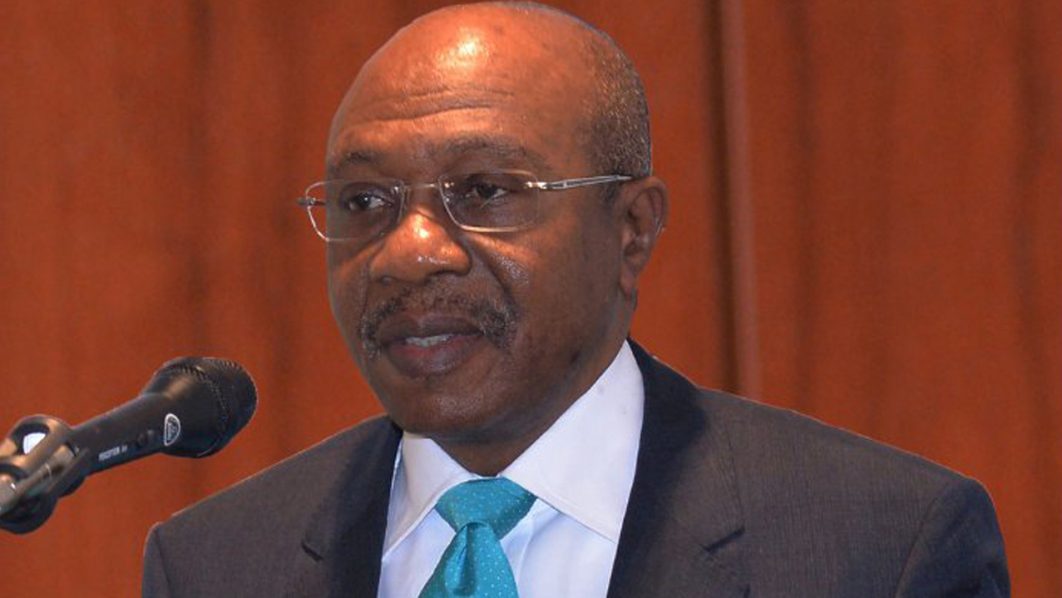
Unless the Distribution Companies and other stakeholders in the Nigerian Electricity Supply Industry (NESI) address bottlenecks hindering adequate revenue collection, financial discipline introduced by the Central Bank of Nigeria (CBN) may not achieve sustainable solutions.
Privatised in 2013, the power sector, aside from failing to perform, has been in financial crisis, requiring perpetual intervention fund from the government.
Last year, CBN directed Deposit Money Banks to take charge of the collection of electricity bill payments. A circular signed by Hassan Bello, director of banking supervision had linked the move to the recommendation of the Power Sector Coordination Working Group to improve payment discipline in the Nigerian Electricity Supply Industry (NESI).
Recall that the Distribution Companies (DisCos) are responsible for the sector’s revenue collection. While there was clamour for an increase in tariff, the sector’s inability to improve on the collection and reduce losses, a basic part of DisCos Key Performance Indicators, as well as inability to make remittance to the Bulk Electricity Trading Company almost grounded it.
The General Manager, Market Operations of the transmission company of Nigeria, Edmund Eje, told The Guardian that improvement was being witnessed in the remittances due to the agency.
The Nigerian Electricity Regulatory Commission (NERC) had noted that revenue to Nigeria’s power sector has improved since late 2020, adding that consumers now pay over 78 per cent of their electricity bills to electricity distribution companies.
TCN had previously been at loggerhead with DisCos over revenue payment, leading to the suspension of some of the utility companies.
Partner, Nextier Power, Emeka Okpukpara, noted that the initiative by the apex bank reduced financial liquidity in the sector, and introduced transparency, which enabled players in the sector to have access to information.
According to him, aside from offering visibility to the sector’s finance, the apex bank’s effort ensured payment of debts as first-line charges.
Okpukpara said: “The financial discipline allows visibility of what DisCos are collecting. It allows debts such as generation, services, and other charges to be settled first before operating expenses.
“Transparency, in most cases, increases trust in a system. Therefore, I would recommend that the collection figures are made public since DisCos are custodians of market funds, rather than the owners.”
A Director at PricewaterhouseCoopers, Habeeb Jaiyeola, noted that while the financial discipline has achieved stability in the sector, especially in strengthening the liquidity crisis, there was a need to keep improving collection in the sector.
He noted that controlling DisCos’ accounts remained a temporary solution, stressing that the CBN and other players in the sector must improve infrastructure that would ensure the collection of revenue.
“One of the major measures that can further improve liquidity in the sector is to improve on collection. For that to happen, metering of consumer and capacity development is important.
“If there is the low collection, there will be low distribution and high collections will lead to high distribution. So, we need to urgently address those challenges affecting low collections in the sector. Until this is done, we may not have a sustainable solution to the liquidity issue,” Jaiyeola said.
Power sector advocate and President, Nigeria Consumer Protection Network, NCPN, Kunle Olubiyo, noted that the apex bank’s attempt introduced transparency in the market and ensured discipline in the sector’s finances, thereby increasing the level of revenue into the market.
According to him, while the public sector has about 60 per cent of revenue in the sector, given its stakes, loans offered to the sector by the apex bank has been difficult to collect because of the fiscal recklessness in the sector.
He said: “The move is not out of place. The equity for the private sector is only 40 with 60 per cent for the government. Before 2020, the thing was done with impunity, until CBN escrowed the accounts.
“Currently, every stakeholder in the sector sees the revenue that comes in. There are different lines for expenditures, so government and other stakeholders can recover their money. These have helped in revenue efficiency and collection.”
He, however, noted that while revenue is increasing in the sector, there was a need to improve services to end-users, stressing that the challenge of obsolete infrastructure has not been addressed.
“The decline in service is worrisome for end users. With more money coming into the sector, there should no longer be an excuse for the sector. No reason for metering for lack of metering,” Olubiyo said.
He said customers still pay for meters and are, indeed, short-changed in other ways, as load shedding has not stopped.
“If more money is coming in, service should no long decline. We should no longer have wasted energy. Lack of improvement in service delivery will create a mismatch for the improvement coming, in terms of revenue increase,” he said.






